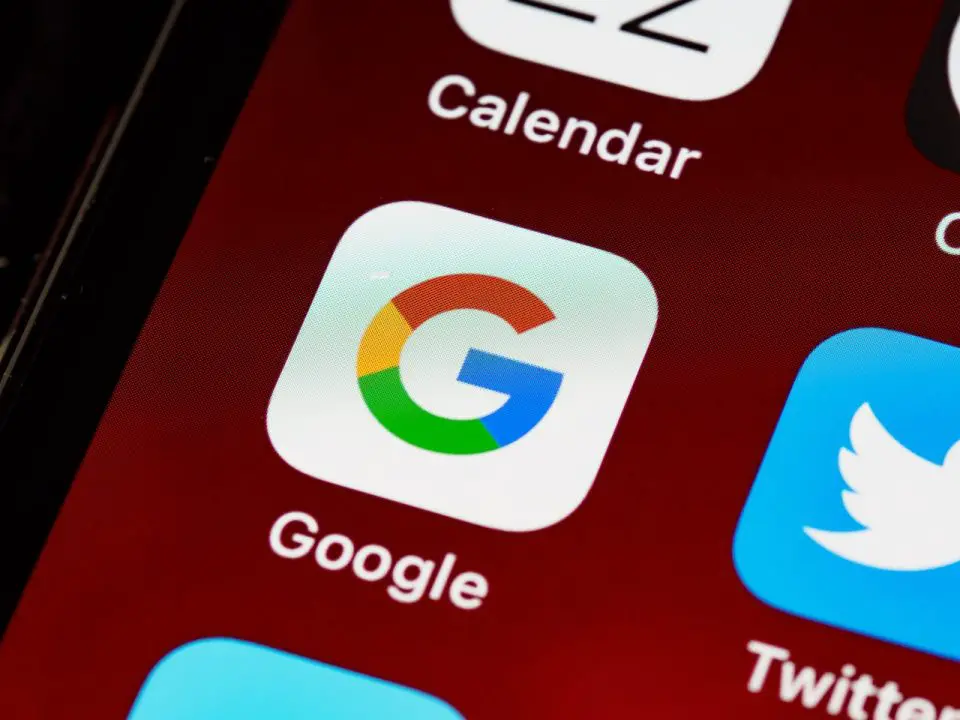The Justice Department made a resounding opening statement on Tuesday in a Washington courtroom, alleging that Google (GOOG, GOOGL) engaged in illegal practices to stifle competition in the realm of online search. This landmark antitrust case marks a pivotal moment that could potentially redefine the boundaries of power wielded by a major U.S. tech conglomerate.
Kenneth Dintzer, Deputy Director for the civil division of the Justice Department, asserted in his opening statement, “For the past 12 years Google has abused a monopoly in search.” He further accused Google of destroying documents to conceal its tactics of sidelining competitors.
Dintzer contended that the evidence that Justice Department has will demonstrate the deliberate creation and modification of contracts by Google, ensuring its status as the default search engine on both desktop and mobile platforms, including the iPhone. This, in turn, curtailed Apple (AAPL) from developing a competitive search option, granting Google access to an overwhelming amount of data that hindered fair competition.
“Google’s monopoly starts with defaults,” Dintzer emphasized.
In defense, Google’s attorney argued that consumers choose Google for its superior search results, and that users have the freedom to opt for alternative search options on both Apple and Android devices.
“Defaults can’t stop consumers from finding the apps they prefer,” countered John Schmidtlein, a partner at Williams & Connolly.
This legal battle against Google poses a significant challenge for the U.S. government, which seeks to leverage a 133-year-old law to rein in some of the nation’s most influential tech giants. For Google, this presents a direct threat to a fundamental profit-generating engine that forms the core of its trillion-dollar empire established over the past 25 years.
Over the ensuing weeks, the case will unfold before Federal District Judge Amit Mehta in the U.S. District Court for the District of Columbia. Mehta will determine whether Google violated the law and what potential repercussions may be in store for the company. The proceedings may also feature testimony from prominent tech figures, including Google CEO Sundar Pichai.
This case bears striking similarities to the government’s efforts to rein in Microsoft (MSFT) in the late 1990s, when the U.S. alleged that the tech titan marginalized competitors by designating its browser as the default on the dominant Windows operating system. This led to a settlement that paved the way for increased competition in the internet browser software market.
The government contends that Google violated the law as it ascended to dominance as the primary search engine for most web users. However, a significant obstacle lies in the presumption that lower or even free prices benefit consumers, and may not necessarily indicate anti-competitive behavior, given that users do not pay Google for web searches.
Dintzer argued on Tuesday that Google hindered innovation, compromised search quality and privacy, and imposed higher costs on search advertisers.
“Google walks when it should run,” he remarked regarding Google’s efforts to enhance the search market.
Prosecutors claim that Google restricted Apple’s ability to evolve as a search competitor through revenue sharing agreements for search ads generated via Apple’s Safari browser. Apple is contractually bound to default to Google search, precluding the option to offer the position to other companies.
“When you hobble your rivals, your product will always be good enough,” Dintzer declared.
Nonetheless, Schmidtlein, Google’s defense attorney, asserted that evidence will show users gravitate towards Google even when it’s not the default search engine, especially on personal computers where Microsoft’s Bing and Edge come pre-installed on a majority of devices.
“Google is surely no gatekeeper on the internet,” he stated, “and the truth is neither is Microsoft.”
Google’s current supremacy in search and search advertising remains undisputed. As of July 2023, Google’s search engine accounted for approximately 89% of all U.S. general search engine queries across computers and mobile devices. Statista reported Google’s usage for 95% of all U.S. mobile device queries.
The nearest competitors, Microsoft’s Bing and Yahoo Search, commanded 6.4% and 2.3% shares respectively. DuckDuckGo, a privacy-focused search engine collecting significantly less personal data than Google, held less than 1% of the market.
“Google has used its monopoly power to block meaningful competition in the search market by putting a stranglehold on major distribution points for more than a decade,” warned Kamyl Bazbaz, Vice President of Public Affairs for DuckDuckGo.
Google’s search businesses, termed the “cornerstone of its empire” by prosecutors, represent the company’s primary revenue stream. In 2022, its search and search advertising ventures generated over $160 billion in revenue, constituting more than half of its $280 billion total revenue.
There is a notable disparity in perspective between Google and prosecutors regarding the size of the search market. Google contends that the general search market encompasses not only Yahoo, Bing, and DuckDuckGo, but also companies that do not provide generalized search like Amazon, Spotify, and Expedia.
Source: Yahoo Finance

